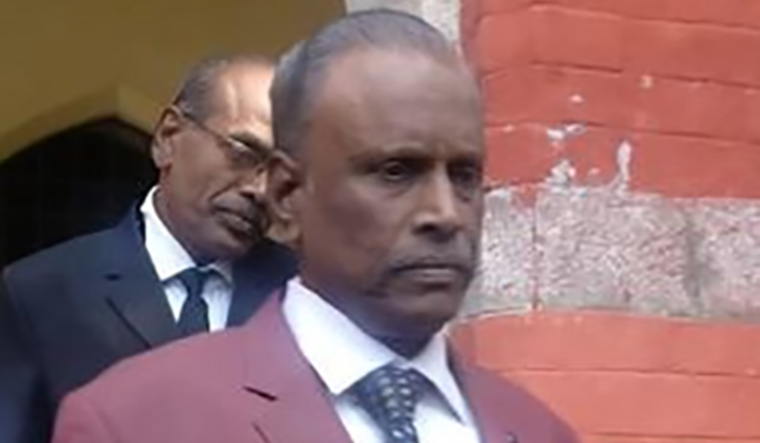Kalas Mahal, a 250-year-old heritage structure at Chepauk in Chennai, is at the centre of a high-profile legal scuffle. Every day, at least half a dozen VIPs and as many lawyers walk in and out of the chambers of A. Arumughaswamy, a former Madras High Court judge. Arumughaswamy heads the single-member commission that has been inquiring into J. Jayalalithaa’s death since September 2017.
The commission has so far examined 147 witnesses, including ministers, bureaucrats and doctors who treated Jayalalithaa. But, despite the long drawn-out proceedings, it has not been able to lift the air of mystery surrounding her death, nor has it been able to reach a conclusion regarding how she died.
That the witnesses are being examined in secret has not helped its cause. Also, the commission has not examined O. Panneerselvam: the former chief minister was the first to allege that Jayalalithaa was not given proper medical care.
There is criticism that many questions to the witnesses concerned conspiracy theories. Several depositions that THE WEEK accessed bear this out. During cross-questioning, the witnesses were frequently asked whether Jayalalithaa was “slow-poisoned”, whether angiography was not done on purpose, and whether the doctors had any ulterior motive behind their decision to not opt for heart surgery.
Politics has played its part in the proceedings. There have been long-winded discussions on the conspiracy theories floated by the cabinet colleagues of Chief Minister Edappadi K. Palaniswami. Their allegations are aimed at V.K. Sasikala, Jayalalithaa’s confidante, who has been fighting AIADMK leaders to claim her political legacy.
Caught in the melee is Apollo Hospitals, which has long been objecting to the way the commission is functioning. In February, Apollo Hospitals petitioned the Madras High Court demanding the setting up of a medical board to examine matters related to Jayalalithaa’s treatment. The hospital said in its petition that the “deposition documents of over 50 doctors are riddled with errors, due to the inability of the probe panel to comprehend medical terminology”. But the commission opposed the plea, saying the hospital should not be allowed to stall its proceedings as the hearings were nearly over.
S.M. Mohan Kumar, manager (legal) at Apollo Hospitals, had earlier requested the commission to set up a 21-member medical board. “Jayalalithaa suffered from a complex matrix of diseases, and each [disease] overlapped the other,” said Kumar in his application. “Hence, Apollo prays that the medical board have doctors representing 21 specialisations that represent Jayalalithaa’s illnesses….”
The commission had, in April last year, received permission from the state government to set up a panel of doctors. But it could not find doctors who were willing to be part of it. The commission’s questions to the witnesses are based on the clinical and practice guidelines published in 2015 by European Society of Cardiology, which has more than 90,000 cardiologists in and outside Europe as members. “Surgery must be performed on an emergency basis, irrespective of the status of infection,” says one guideline.
Apollo Hospitals, however, has argued that there was good reason to decide against surgery, and that the rationale behind the decision was explained by experts such as Dr Nitish Naik of All India Institute of Medical Sciences, who was part of a team that monitored Jayalalithaa’s treatment. “The team of doctors at Apollo and AIIMS, and the consultants abroad, gave sincere, high-quality medical support,” Naik told the commission.
It is clear that a perception war is being played out in and outside the courtroom. Arumughaswamy admitted as much in January this year, when some official documents were leaked to the media by a clerk. What remains to be seen is whether the war will end on June 24, the deadline for the commission to submit its report.


